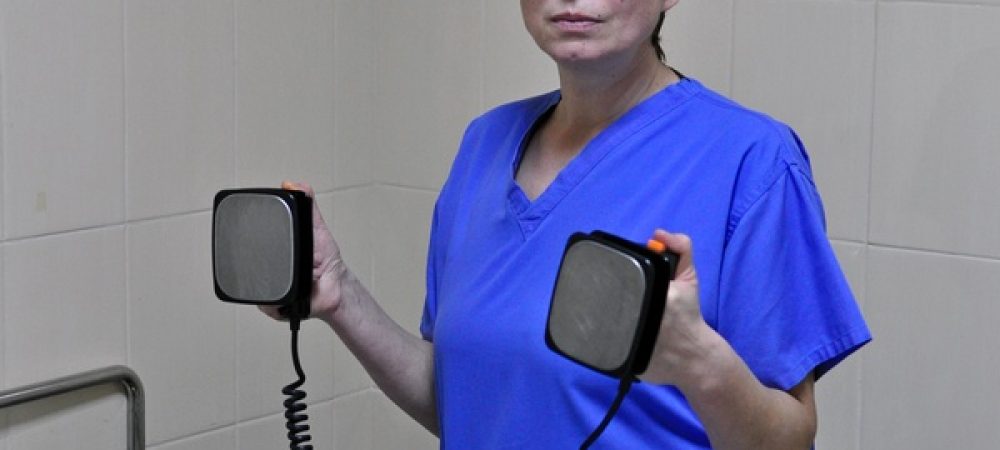Suspended corporations have long fascinated me. They seem to exist is some legal netherworld.
“Wandering between two worlds. One dead, the other powerless to be born. With nowhere yet to rest my head, like these, on earth I wait forlorn. Their faith, my tears, the world deride—I come to shed them at their side.” (Matthew Arnold – from the Grand Chartreuse)
If you practice bankruptcy law for any length of time, sooner or later you will face the question of how to deal with a suspended corporation, which cannot function for any business purpose. McLaughlin Land & Livestock Co v. Bank of America, Nat’l Trust & Savings Ass’n, 94 F.2d 491, 493 (9th Cir. 1938).
A suspended corporation also lacks standing to bring suit in federal court, Christian & Porter Aluminum Co., 584 F.2d 326, 331-32 (9th Cir. 1978), and is disabled from participating in litigation activities. Leasequip, Inc. v. Dapeer, 103 Cal.App.4th 394 (2002).
Making things even more challenging, some courts have found a suspended corporation cannot even retain an attorney to act on its behalf. Signal Data Processing, Inc. v. The Rex Humbard Found., 651 N.E.2d 498, 501 (Ohio App. 1994). For all intent and purpose, a suspended California corporation is mostly dead.
Can a Suspended Corporation File Bankruptcy?
Given this long settled precedent, is it possible a mostly dead entity that cannot function for any business purpose and lacks standing to sue in federal court can nevertheless retain a bankruptcy attorney and file for bankruptcy in a federal bankruptcy court?
Let’s say it’s not impossible. After all, as Billy Crystal said in the Princess Bride, “there is a big difference between mostly dead and all dead. Mostly dead is slightly alive.”
And as it turns out, a suspended corporation is indeed slightly alive. It can file for bankruptcy, In re Feature Homes, Inc., 116 B.R. 731, 733 (Bankr. E.D. Cal. 1990), and may resume business once the suspension is lifted. United States v. 2.61 Acres of Land, 791 F.2d 666, 668 (9th Cir. 1986).
But wait. Under clearly established law, a corporation or other artificial entity cannot appear in federal court unless it is represented by counsel. See, e.g., Rowland v. California Men’s Colony, Unit II Men’s Advisory Council, 506 U.S. 194, 201-02 (1993) If a suspended corporation cannot enter into contracts (such as fee agreements with attorneys), is the right to seek bankruptcy protection illusory?
What’s the point of being able to file for bankruptcy if the suspended corporation cannot retain an attorney to represent it before (or after) the bankruptcy is filed?
Lack of Standing or Capacity to Sue?
On May 29, 2020 the California Appellate Court in Arturo Rubinstein v. Paris P. Fakheri (“Rubenstein”) dealt with the assignment of a loan by a suspended California corporation, and analyzed the issue not as one of standing, but rather as capacity to sue.
Standing goes to the jurisdiction of the court, and is a defense that can be raised at any time. Capacity to sue is an affirmative defense that can be forfeited.
Does this help our beleaguered debtor’s attorney getting ready to file a bankruptcy for the suspended corporation? Absolutely.
The Rubenstein court found a contract made by a suspended corporation is not void, but is only voidable “at the instance of any party to the contract other than the taxpayer.” (Rev. & Tax. Code, § 23304.1, subd. (a).)
Our debtor’s attorney thus has a fee agreement that cannot be voided by the suspended corporation, and like magic, the suspended corporation is reborn in bankruptcy court as a debtor and properly represented by its intrepid counsel.
The Takeaway
If the bankruptcy of choice is a Chapter 11, the corporate suspension is almost irrelevant, because the “debtor-in-possession” is once removed from the suspended corporation with a life of its own. Well, sort of. That concept deserves a separate post.
What about a Chapter 7? (Also worthy of a separate post.) A party to the voidable fee agreement “other than the taxpayer” may exercise its right to declare a contract void only by seeking that relief in a lawsuit, subject to the requirement that the corporate taxpayer be allowed “a reasonable opportunity to cure the voidability.” (Rev. & Tax. Code, § 23304.5.)
So a Chapter 7 trustee is likely precluded from seeking to void the attorney’s fee agreement, and the suspended corporate debtor can thus appear in bankruptcy court through counsel.
How about a creditor – could it declare the fee agreement void? Probably not, because a non-party has no right to challenge the validity. Cal-Western Business Services, Inc. v. Corning Capital Group, 221 Cal.App.4th 304, 313 (2013).
Bottom line, suspended California corporations can retain counsel and file for bankruptcy, proving they are indeed slightly alive.





